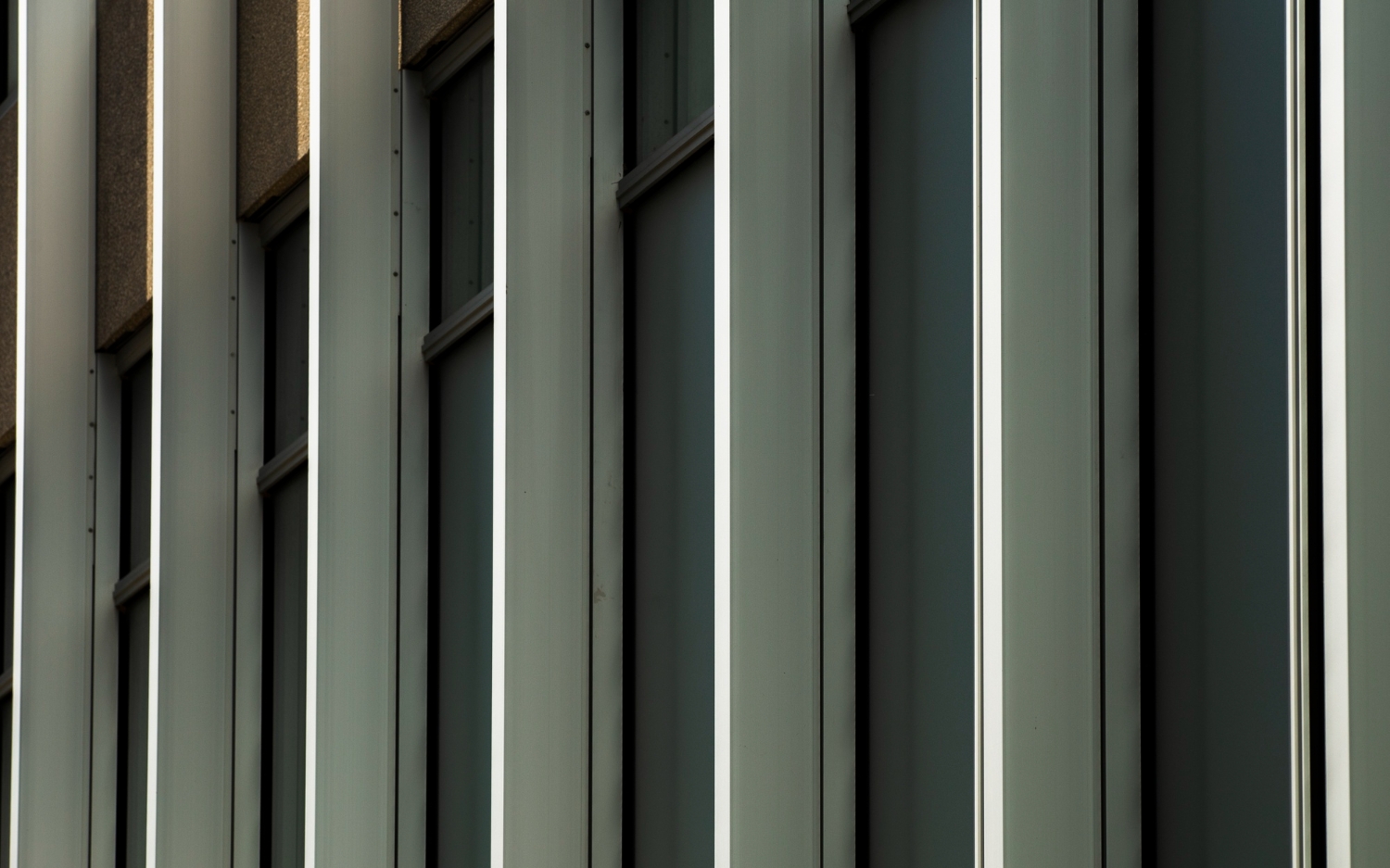Aluminum channels are versatile components used in various construction, architectural, and industrial projects. They offer strength, durability, and corrosion resistance, making them an excellent choice for indoor and outdoor applications. Selecting the right aluminum channel from a variety of options, such as U-channels, C-channels, and aluminum z-channel, for your project can be a bit overwhelming.
This guide will help you navigate the selection process and ensure thate you choose the perfect aluminum channel for your needs.
-
Understanding Aluminium Channels: Aluminum channels come in different shapes and sizes, each serving a unique purpose. The most common types include U-channels, C-channels, and aluminum z-channels.
-
U-Channels: These are shaped like the letter "U" and are used for framing, edging, and bracing in construction projects. They provide excellent support and are commonly used in window frames, door frames, and trim work.
-
C-Channels: Shaped like the letter "C," these channels are frequently used for structural support in buildings, machinery, and vehicles. They are known for their strength and rigidity, making them ideal for load-bearing applications.
-
Z-Channels: The aluminum z-channel is shaped like the letter "Z" and is used for various purposes, including framing, flashing, and trim work. Its unique shape provides extra strength and support, making it a popular choice in construction and manufacturing.
Factors to Consider When Selecting an Aluminium Channel
-
Purpose of the Project: The first step in selecting the right aluminum channel is to determine the specific requirements of your project. Consider what you need the channel to do: Is it for structural support, framing, or aesthetic purposes? The intended use will influence the type and size of the aluminum channel you need.
-
Load-Bearing Capacity: If your project involves supporting weight, it's crucial to choose an aluminum channel with the appropriate load-bearing capacity. C-channels are preferred for heavy-duty applications due to their strength and rigidity. Ensure the selected channel can handle the weight and stress it will be subjected to.
-
Corrosion Resistance: Aluminum is naturally resistant to corrosion, but some environments can accelerate the corrosion process. If your project is exposed to harsh weather conditions, salt water, or chemicals, consider choosing an aluminum channel with additional corrosion-resistant coatings or treatments. This will enhance the longevity and durability of your project.
-
Size and Dimensions: Aluminum channels come in various sizes and dimensions, so it's important to select one that fits your project's specifications. Measure the space where the channel will be installed and ensure the dimensions match. Consider the thickness of the channel as well, as this can affect its strength and load-bearing capacity.
-
Surface Finish: The surface finish of the aluminum channel can impact its appearance and performance. For projects where aesthetics are important, like architectural or decorative applications, choose a channel with a polished or anodized finish. For industrial applications, a mill finish may be sufficient.
-
Ease of Installation: Some aluminum channels are easier to install than others, depending on their shape and design. Consider how the channel will be installed and whether any special tools or equipment will be required. Channels with pre-drilled holes or slots can simplify the installation process and save time.
-
Budget: While aluminum channels are cost-effective, prices can vary based on the type, size, and finish. Determine your budget before starting your project and choose a channel that meets your needs without exceeding your financial constraints. Investing in a high-quality aluminum channel can save money in the long run by reducing maintenance and replacement costs.
Common Applications of Aluminium Channels
Aluminum channels are used in various industries and applications due to their versatility and durability. Some common uses include:
-
Construction: Aluminum channels are widely used in construction for framing, bracing, and support. They are used in window and door frames, roof trusses, and structural supports.
-
Automotive: In the automotive industry, aluminum channels are used for body panels, trim, and structural components. Their lightweight properties help improve fuel efficiency and reduce overall vehicle weight.
-
Electronics: Aluminum channels are used in electronics for housing and protecting components, as well as for heat sinks to dissipate heat from electronic devices.
-
Furniture: Aluminum channels are used to manufacture furniture for structural support and decorative elements. They are used in table legs, shelves, and frames.
-
Signage: Aluminum channels are used in the signage industry for framing and mounting signs.
Conclusion
Selecting the right aluminum channel for your project is crucial to ensuring its success and longevity. Consider factors like the project purpose, load-bearing capacity, corrosion resistance, size and dimensions, surface finish, ease of installation, and budget to make an informed decision that meets your specific needs. Whether you're working on a construction project, automotive application, or decorative piece, the right aluminum channel can provide the strength, durability, and aesthetic appeal you need to achieve your goals.



